Disclosure: This article contains affiliate links. We may earn a commission from purchases at no extra cost to you, which helps our travel content.
Standing at the edge of the mighty Congo River last fall, watching the sunset paint Kinshasa's skyline across the water, I couldn't help but think: Wie schön ist diese Welt — how beautiful this world is. As someone who's navigated both European efficiency and Latin American spontaneity throughout my life, Brazzaville felt like a fascinating cultural intersection I hadn't expected. The Republic of Congo's capital offers a unique blend of French colonial architecture, vibrant markets, and natural beauty that doesn't require emptying your bank account to experience. After spending a week exploring this underrated African gem on a tight budget, I'm convinced it deserves a spot on any adventurous student traveler's list. From navigating the local transportation system to finding affordable meals that satisfy both your wallet and taste buds, I've compiled my safety-inspector-approved tips for experiencing Brazzaville without breaking the bank.
Getting There & Around: Navigate Like a Local
Let's address the elephant in the room: getting to Brazzaville isn't as straightforward as hopping on a budget flight to Paris. However, with some strategic planning, you can minimize costs significantly. I managed to snag a decent deal by booking my flight three months in advance and choosing a route with a layover in Addis Ababa.
Once you've arrived at Maya-Maya Airport, resist the temptation of airport taxis with their inflated prices. Instead, walk about 200 meters outside the main entrance where shared taxis (known locally as foula-foula) cost a fraction of the price. Just be prepared for a cramped ride – these vehicles don't depart until they're completely full, which means you might be waiting a while during off-peak hours.
For getting around the city, Brazzaville's green and white taxis are your best budget option, but they operate without meters. My safety inspector instincts kicked in immediately – always negotiate the fare before entering the taxi. A typical ride within the city center shouldn't cost more than 1,000-2,000 CFA (about $1.70-$3.40). If you're staying longer, consider downloading the Maps.me app and downloading the Congo map before arrival, as it works without data and marks many local spots Google Maps misses.
For a truly local experience, try the foula-foula minibuses that run along fixed routes throughout the city. At about 150 CFA per ride (roughly $0.25), they're unbeatable for budget travel, though you'll need basic French to navigate the system. My German precision met its match trying to decipher the seemingly chaotic schedule, but after a day, I started to see the patterns.
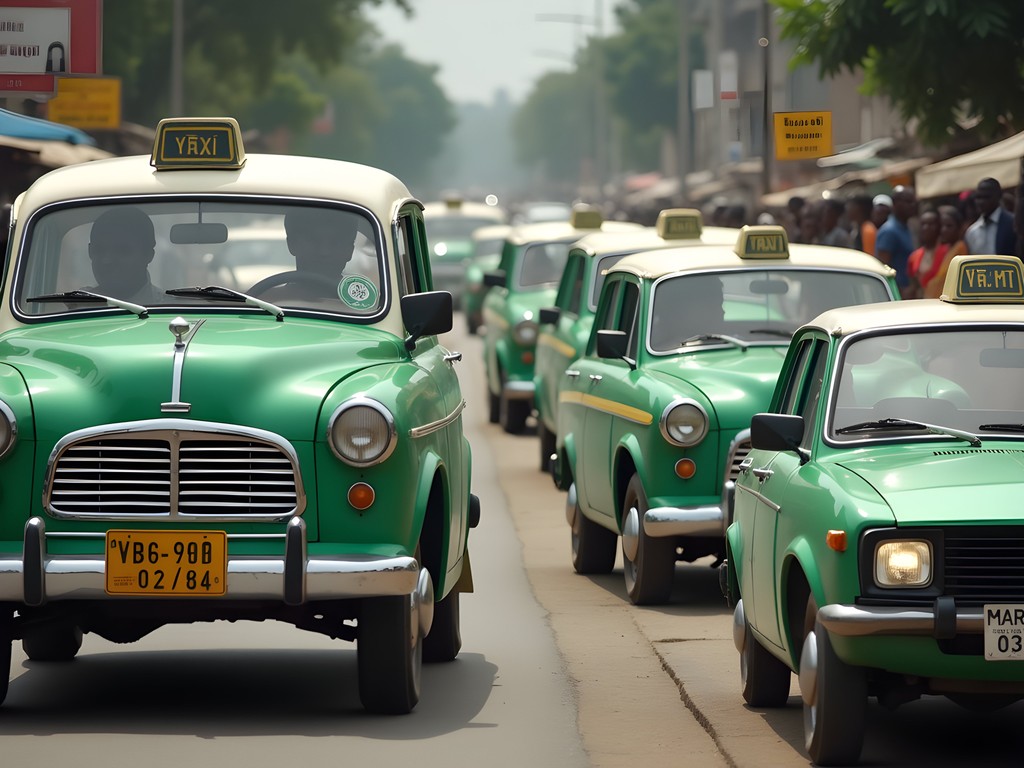
💡 Pro Tips
- Download an offline map of Brazzaville before arrival – internet can be spotty
- Learn basic French phrases for negotiating taxi fares – aim for 30-50% less than their initial offer
- For *foula-foula* minibuses, ask locals about routes or look for handwritten signs in the windows indicating destinations
Budget Accommodation: Safe Havens Without the Price Tag
Finding affordable accommodation in Brazzaville requires looking beyond the usual booking platforms. The city caters primarily to business travelers and NGO workers, which means many listed hotels start at $100+ per night. As someone who values both safety and savings, I had to dig deeper.
My best discovery was Auberge du Plateau, a simple but clean guesthouse in the Plateau district that costs around $25-30 per night including breakfast. The rooms aren't fancy, but they offer the essentials: clean beds, functional bathrooms, and – crucially for the Congolese heat – reliable fans. The owner speaks enough English to help with basic questions, and the location puts you within walking distance of several attractions.
For the ultra-budget conscious, I met several students staying at Centre d'Accueil Caritas, a Catholic mission guesthouse charging only $15 per night for basic rooms with shared facilities. While spartan, the compound feels secure and offers a peaceful garden where you can escape the city's noise.
If you're staying for more than a few days, consider a room in a family home through local Facebook groups like 'Expats in Brazzaville' or 'Brazzaville Accommodation.' I connected with a wonderful family this way and paid just $20 per night for a private room with home-cooked breakfast. The cultural immersion was priceless.
No matter where you stay, I recommend bringing a portable door lock for extra security. This tiny device has been a staple in my safety kit since my days as a rafting safety consultant, and it gives me peace of mind when staying in unfamiliar accommodations.
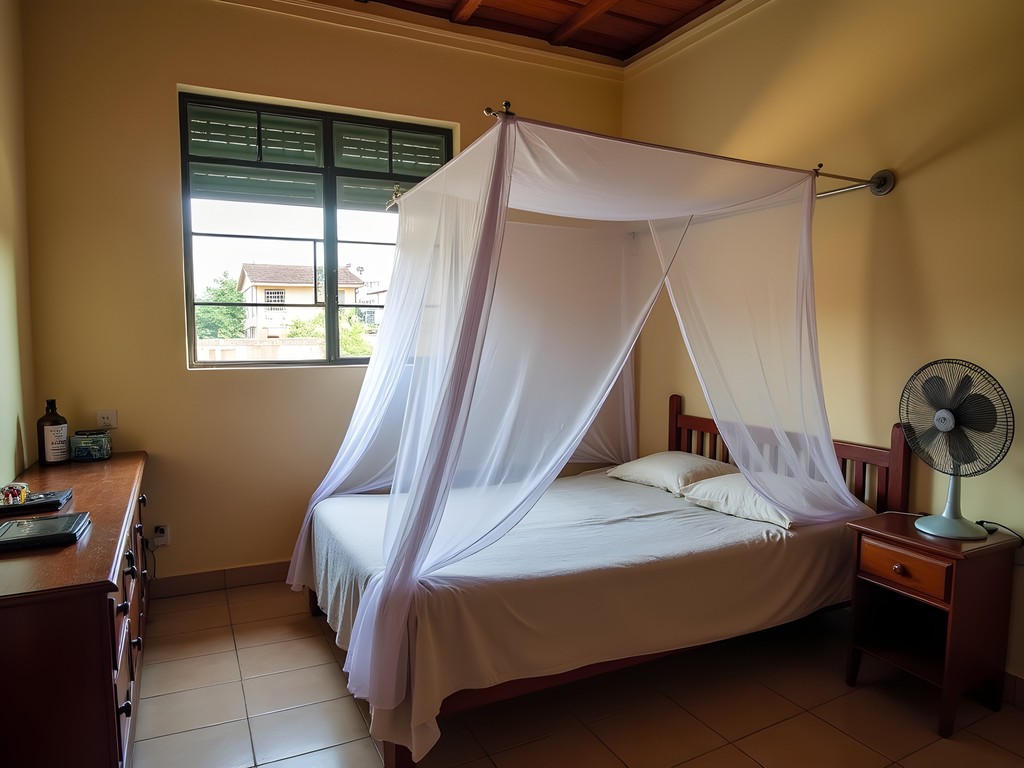
💡 Pro Tips
- Ask about weekly rates for discounts of 10-20% on longer stays
- Bring earplugs – Brazzaville can be noisy regardless of where you stay
- Confirm if your accommodation has backup power for frequent electricity outages
Eating Like a Local: Flavorful Food on a Shoestring
One of my favorite aspects of travel is discovering local food, and Brazzaville offers plenty of delicious options that won't drain your wallet. The key is to eat where locals eat – not only for authenticity but for prices that reflect actual living costs rather than tourist markups.
Marché Total (Total Market) became my go-to food destination. This sprawling market offers everything from fresh produce to prepared meals. For about 1,000-1,500 CFA ($1.70-$2.50), you can get a filling plate of fufu (cassava or plantain paste) with fish or chicken stew. The market women often gave me extra portions after I attempted to greet them in Lingala – proving once again that a few local words go a long way!
Street food in Brazzaville deserves special mention. Brochettes (meat skewers) grilled roadside cost around 500 CFA ($0.85) each and make for a perfect protein-packed snack. My Mexican heritage gave me a high spice tolerance, which came in handy when trying the local pili-pili hot sauce – approach with caution if you're sensitive to heat!
For a sit-down meal that won't break the bank, I recommend Mami Wata near the Corniche. Their fish dishes start at 3,000 CFA ($5) and come with generous sides. The riverside location offers million-dollar views without the price tag.
To stay hydrated safely without buying bottled water constantly, I relied on my trusty water purifier bottle. It saved me at least $5 daily on bottled water and prevented dozens of plastic bottles from ending up in the Congo River.
Meine Oma (my grandmother) always said, "Man ist, was man isst" (you are what you eat), and in Brazzaville, eating like a local connects you to the culture in ways nothing else can.
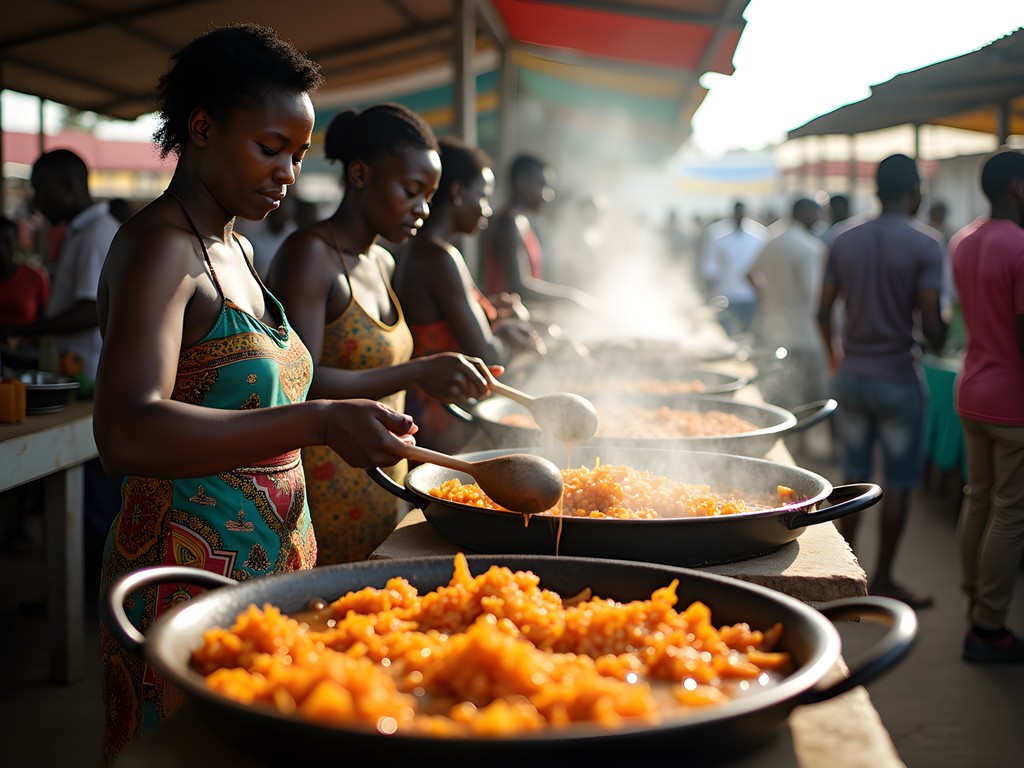
💡 Pro Tips
- Eat your main meal at lunch when prices are often 30% lower than dinner
- Look for places packed with local office workers – good indicators of tasty, affordable food
- Learn to recognize *nganda* (informal restaurants often in someone's home) for the most authentic and budget-friendly meals
Free & Low-Cost Attractions: Culture Without the Cost
Brazzaville offers numerous attractions that cost little or nothing, making it ideal for budget travelers seeking cultural immersion. My background in safety inspection taught me to thoroughly research before visiting new places, and I was pleasantly surprised by how many enriching experiences were available without spending much.
Start with the Congo River waterfront (La Corniche), where locals gather at sunset. The views across to Kinshasa in the Democratic Republic of Congo create a unique scene of two capital cities facing each other across the mighty river. It costs nothing to join the evening promenade, and the people-watching is fascinating.
The Poto-Poto School of Painting offers free visits to their workshop where you can watch artists create colorful works inspired by traditional Congolese motifs. While the finished paintings sell for $20-100, watching the creative process costs nothing. I spent hours sketching alongside the artists, exchanging stories about our different cultural backgrounds.
For history buffs, the Marien Ngouabi Mausoleum is free to enter and provides insight into Congo's political history. The guards appreciated my interest in their country's past and shared additional stories not found in guidebooks.
The Cathédrale Sacré-Cœur impresses with its distinctive green architecture and cool interior – perfect for escaping the midday heat. I timed my visit to coincide with choir practice, which filled the space with beautiful harmonies.
If you're interested in traditional crafts, the Marché Artisanal (Crafts Market) doesn't charge for browsing. The woodcarvers and fabric artists are happy to demonstrate their techniques even if you don't buy. I did purchase a small wooden mask for about $10 that now reminds me of my Brazzaville adventures.
For nature lovers on a budget, I recommend a day trip to the Lesio-Louna Gorilla Reserve. While not free, the $30 entrance fee supports conservation and offers a chance to see gorillas in a protected environment. Pack a compact binoculars to enhance wildlife viewing without the rental fees charged at the reserve.
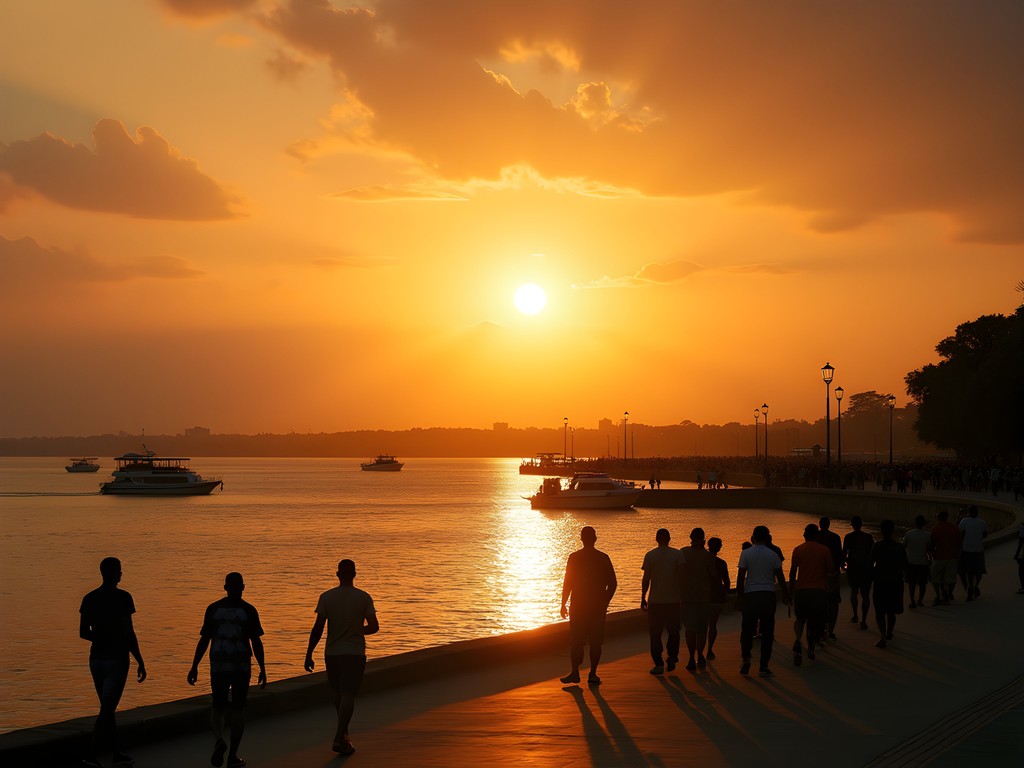
💡 Pro Tips
- Visit museums on Wednesday afternoons when many offer reduced fees
- Attend free cultural events often held at Institut Français – check their Facebook page for listings
- Walk the neighborhoods of Poto-Poto and Bacongo for street art and architecture at no cost
Connecting with Locals: The Ultimate Budget Travel Hack
My dual heritage has taught me that authentic connections transcend language barriers and often lead to the most memorable travel experiences. In Brazzaville, connecting with locals not only enriched my understanding of Congolese culture but also opened doors to experiences no amount of money could buy.
Start by learning basic greetings in both French and Lingala. A simple "Mbote!" (hello in Lingala) earned me smiles and often led to conversations where locals would share their favorite spots not mentioned in any guidebook. My mixed background often sparked curiosity, leading to discussions about cultural similarities and differences.
Universities are excellent places to meet English-speaking students eager to practice their language skills. I spent an afternoon at Marien Ngouabi University after connecting with a student through the Couchsurfing app. Though I wasn't staying with hosts, the app's hangout feature helped me find locals interested in showing visitors around. My student guide took me to a neighborhood jazz performance I would never have found otherwise.
Churches and community centers often host events open to visitors. I attended a Sunday service at a local Protestant church where, despite understanding little of the sermon, the music and community spirit needed no translation. Afterward, several families invited me to join their lunch gatherings.
For those interested in deeper cultural exchange, the Institut Français hosts language meetups where you can practice French while helping others with English. These events are typically free or cost under $5 and often include refreshments.
Don't underestimate the value of bringing small gifts from your home country. I always travel with a few postcards and small trinkets from both Germany and Mexico. These simple gestures helped break the ice with my homestay family and created instant connections.
When photographing people, always ask permission and offer to send them the photos. My portable photo printer allows me to instantly share physical prints – a gesture that has opened many doors and created lasting friendships across language barriers.
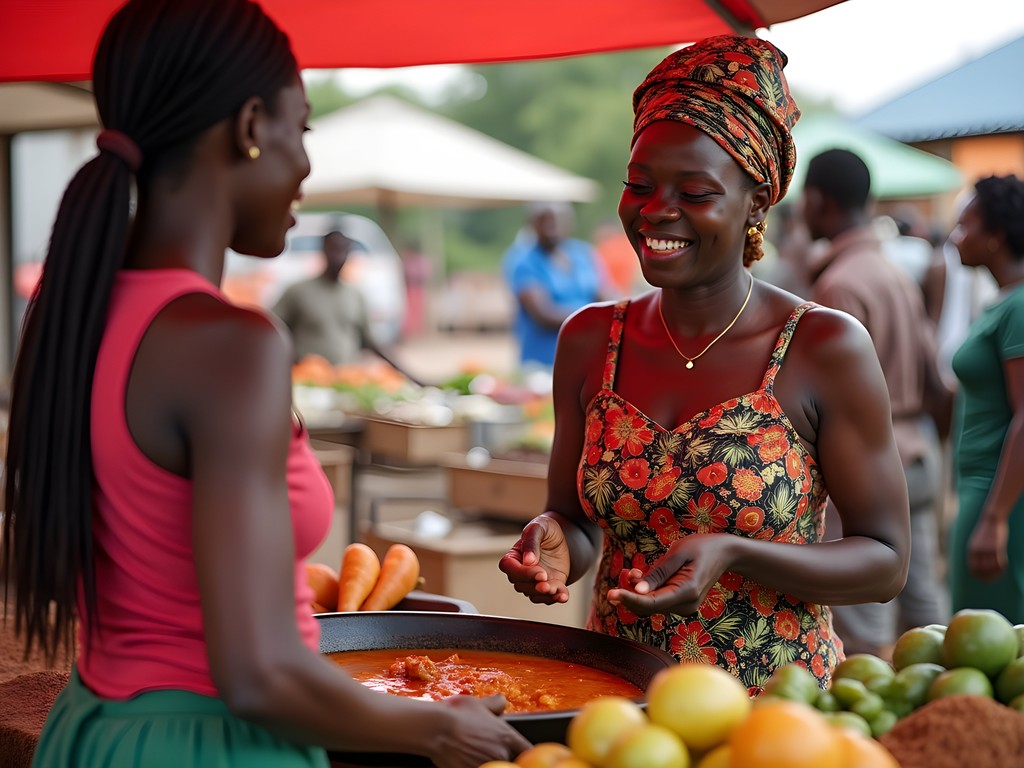
💡 Pro Tips
- Learn to play local board games like Songo – a great icebreaker in parks and cafés
- Attend Sunday choir performances where visitors are warmly welcomed
- Bring photos of your hometown to share – visual storytelling transcends language barriers
Final Thoughts
As I left Brazzaville, watching the city shrink beneath the airplane wings, I reflected on how this overlooked African capital had offered so much while demanding so little from my wallet. The genuine warmth of Congolese people, the rhythmic pulse of life along the Congo River, and the blend of colonial architecture with vibrant local markets created an experience that defied my expectations. Manchmal sind es die unerwarteten Orte, die uns am meisten bereichern – sometimes it's the unexpected places that enrich us most. Brazzaville may not top many budget travel lists, but for students willing to step beyond the well-trodden path, it offers cultural immersion, authentic experiences, and valuable perspectives that far outweigh its modest costs. Pack your sense of adventure, brush up on your French, and discover this Central African gem before the rest of the travel world catches on. The Congo River's sunset will be waiting for you.
✨ Key Takeaways
- Brazzaville offers authentic African experiences at a fraction of the cost of more touristy destinations
- Learning basic French and Lingala phrases opens doors to deeper cultural connections and better prices
- Free and low-cost activities like riverside walks, markets, and cultural centers provide rich experiences without spending much
- Connecting with locals through universities, language exchanges, and community events creates memorable experiences no money can buy
📋 Practical Information
Best Time to Visit
May-September (dry season) or November (fall shoulder season with fewer tourists)
Budget Estimate
$30-50 per day including accommodation, food, and activities
Recommended Duration
5-7 days
Difficulty Level
Moderate

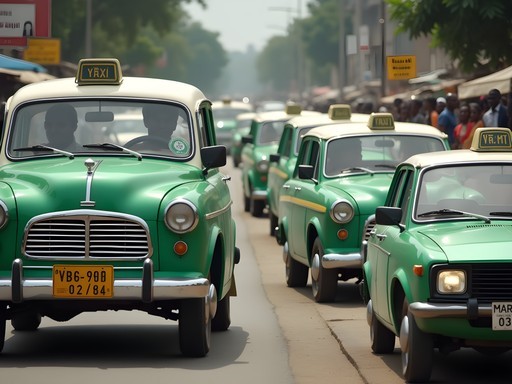
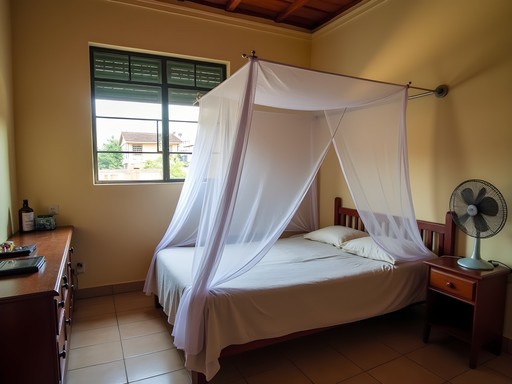
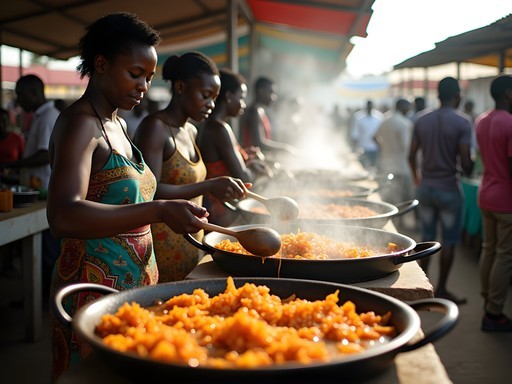
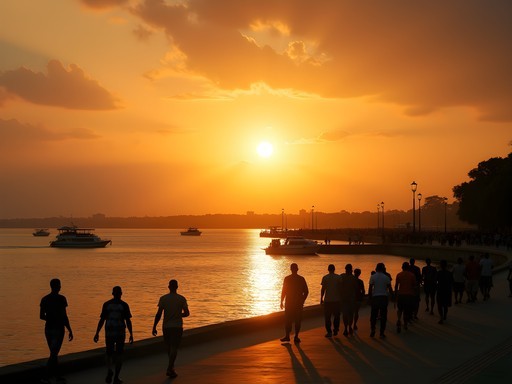
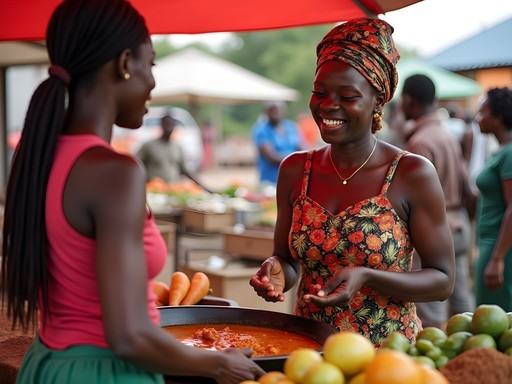


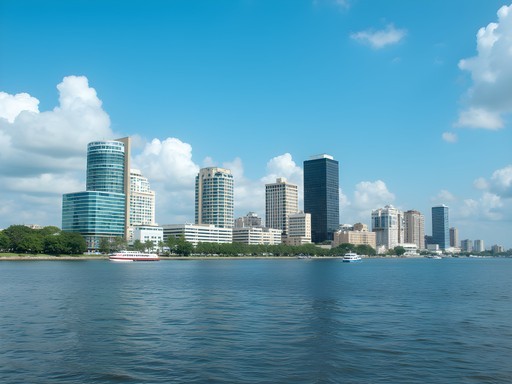

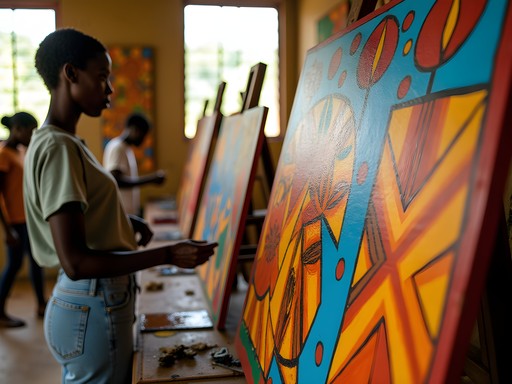
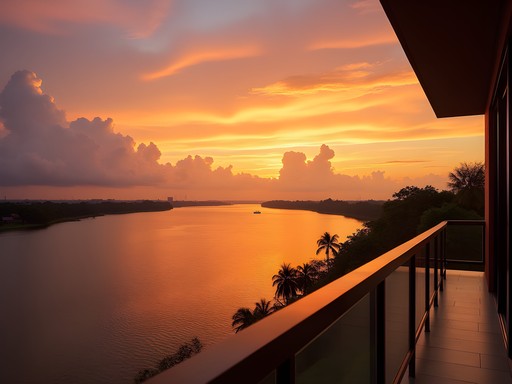
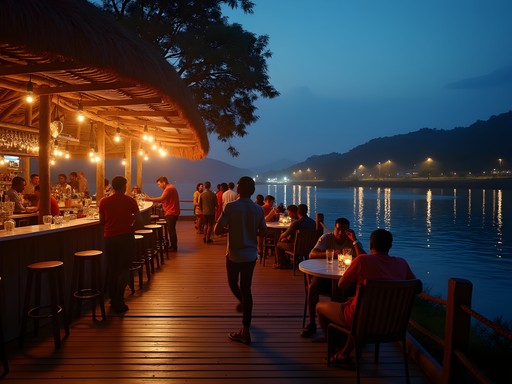
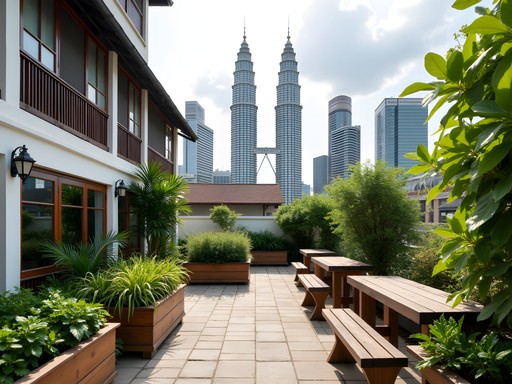
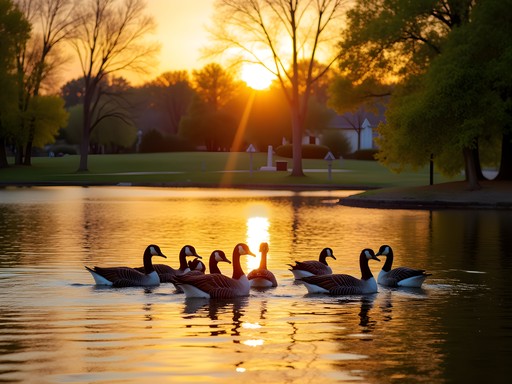
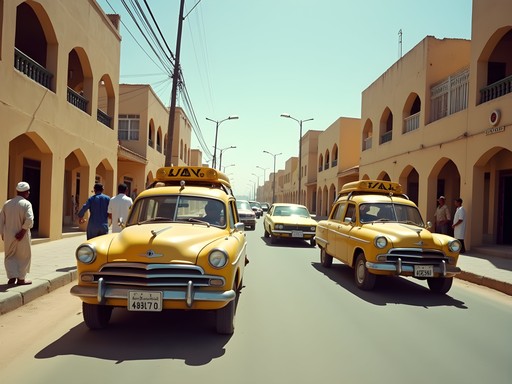
Comments
happyqueen
This looks amazing but I'm nervous about traveling in Central Africa. Is it safe for first-time visitors?
Jennifer Rodriguez
Great question! I felt very safe in Brazzaville. Like any city, you need to be aware of your surroundings and avoid certain areas at night. The neighborhoods I mention in the post are all safe. I'd recommend connecting with your embassy when you arrive and maybe doing a guided tour your first day to get oriented. The locals are genuinely welcoming!
Fatima Sims
I was nervous too but honestly felt safer there than in some European cities. Just use common sense!
mountainrider
Been to 47 countries and still haven't made it to Congo. Adding to the list!
Fatima Sims
Jennifer, this is such a valuable post! I visited Brazzaville back in 2024 and you're so right about it being overlooked. I stayed in the Bacongo neighborhood and the hospitality was incredible. One thing I'd add - the taxi-brousse (shared taxis) are even cheaper than regular taxis if you're comfortable with a bit of adventure. I met some amazing locals that way who invited me to a family meal. The maboke (fish in banana leaves) was life-changing! Did you make it to the Poto-Poto art district? The street art there rivals anything I've seen in my travels.
Jennifer Rodriguez
Yes!! Poto-Poto was amazing - I actually have a whole section on it in the Free Attractions part. And totally agree about taxi-brousse, though I know some travelers find them intimidating at first. The maboke is incredible, right?
happyqueen
What's the safety like for solo travelers?
photoperson
That sunset photo over the Congo River is absolutely stunning!! Really makes me want to visit.
Jennifer Rodriguez
Thanks so much! That spot is right by the Corniche - totally free and the best view in the city.
worldwanderer22
Love that shot from Nabemba Tower! The city looks so different from above.
Haley Hamilton
Jennifer, this brings back so many memories! I backpacked through Congo last year and found Brazzaville surprisingly manageable on a budget. Your tip about the shared taxis is spot on - they saved me so much money. I'd add that the Marché Total is another great spot for cheap, authentic meals. I spent hours there chatting with locals over grilled fish and fufu. One safety tip I'd add: I carried my valuables in a anti-theft bag which gave me peace of mind, especially on crowded minibuses. Did you make it to the Rapids? That was my favorite free activity - just watching that powerful water while locals fished nearby.
Jennifer Rodriguez
Yes! The Rapids were incredible. I spent a whole afternoon there just taking it all in. And thanks for the Marché Total tip - their grilled fish was one of my favorite meals in the city!
wanderlust_spirit
Both of you are making me want to book a flight right now! Are the shared taxis easy to figure out if you don't speak French?
Haley Hamilton
It helps to know some basic French phrases, but I got by with a lot of pointing and smiling! Most drivers know landmark names in English too. Just make sure to agree on the price before getting in.
travelbug83
Did anyone try the street food? Safe for sensitive stomachs?
Charlotte Watkins
We stuck to busy stalls where you could see the food being cooked fresh. The grilled fish and plantains were delicious and we had no issues! Just bring hand sanitizer and look for places packed with locals.
oceanlover
This is exactly what I needed! I'm planning a trip to Central Africa next year and was wondering if Brazzaville is worth adding to the itinerary. How many days would you recommend staying there?
Jennifer Rodriguez
I'd say 3-4 days is perfect for Brazzaville! Enough time to see the main sights and get a feel for the city without rushing. Let me know if you have any specific questions about planning!
oceanlover
Thanks Jennifer! That's super helpful. Is October a good time to visit or should I aim for another month?
Jennifer Rodriguez
October is actually great! It's at the end of the dry season, so you'll have pleasant weather without the extreme heat of summer. Just bring a light rain jacket for occasional showers.
exploreace
OMG THANK YOU for this post!!! Brazzaville has been on my list forever but everyone keeps telling me it's too expensive. Bookmarking this guide for my trip next year! Those sunset photos by the Congo River are EVERYTHING! 😍
moonchamp
exploreace - I'm planning for spring too! Maybe we'll cross paths!
exploreace
That would be awesome! I'm going in April, you?
Charlotte Watkins
Jennifer, this brought back so many memories! My husband and I took our teenage sons to Brazzaville last year, and we were pleasantly surprised by how budget-friendly it could be with some planning. The Marché Total was a highlight for us too - we bought beautiful fabric there that my sister-in-law later made into curtains. One tip for families: the Mami Wata restaurant you mentioned occasionally has live music on Sunday afternoons, and they don't charge extra for it. The boys were fascinated by the traditional instruments. We also found that buying a phrase book helped us negotiate better prices at the markets!
Jennifer Rodriguez
Charlotte, I'm so glad you mentioned the Sunday music at Mami Wata! I completely missed that. How wonderful that you traveled there with your sons - what an educational experience for them!
Venture X
Premium card with 2X miles, $300 travel credit, Priority Pass